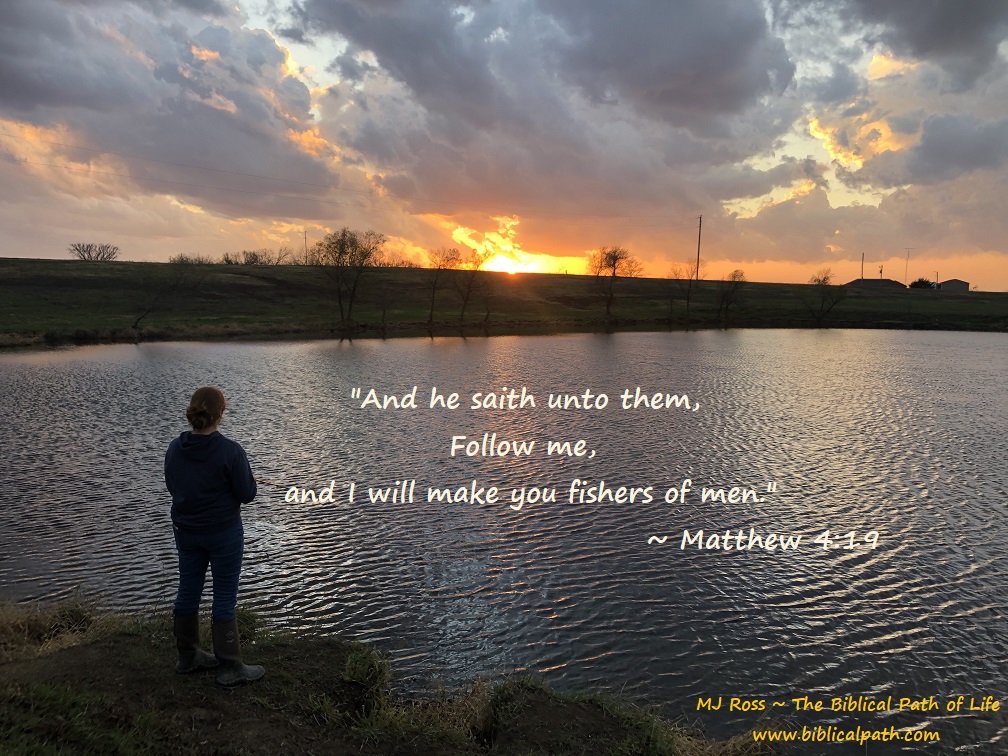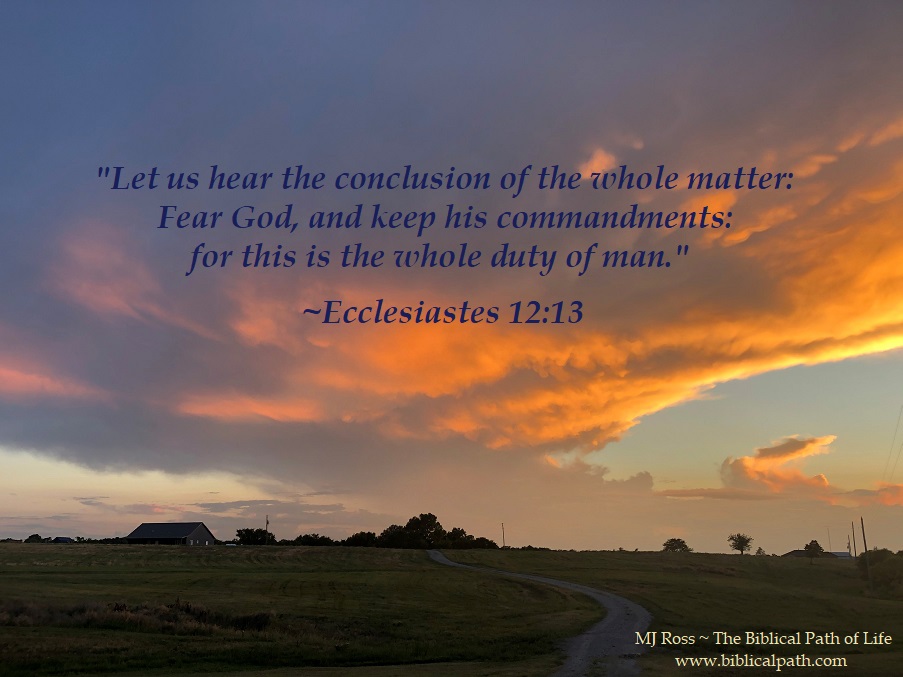
“Who is among you that feareth the LORD, that obeyeth the voice of his servant, that walketh in darkness, and hath no light? let him trust in the name of the LORD, and stay upon his God.”
Isaiah 50:10
What can we do when nothing seems to make sense?
If you belong to Jesus and you feel as if you are walking in the dark, there is an important thing to be understood. Sometimes, Christians recognize that they are living a life pleasing to God, obeying His Word, yet one may still feel as if they are walking in darkness. See what Isaiah teaches us. “Who is among you that feareth the LORD, that obeyeth the voice of his servant, that walketh in darkness, and hath no light? let him trust in the name of the LORD, and stay upon his God.” (Isaiah 50:10). This verse teaches that we can be serving and obeying God and still experience times of darkness where we do not understand what God is doing in our lives. It is then we are to understand that the Christian life will be difficult and often times very lonely.
It is in these times, as you hold fast to your profession of faith, you must remember the importance of trusting God. However, one will not always be able to understand what is happening. Remember what you should have learned in Proverbs. “5. Trust in the LORD with all thine heart; and lean not unto thine own understanding. 6. In all thy ways acknowledge him, and he shall direct thy paths” (Proverbs 3:5-6). We are to trust God. Just because something does not make sense to us now does not mean it will not make sense later. However, some things may never make sense to us on this side of heaven. “8. For my thoughts are not your thoughts, neither are your ways my ways, saith the LORD. 9. For as the heavens are higher than the earth, so are my ways higher than your ways, and my thoughts than your thoughts” (Isaiah 55:8-9). Who am I to think I understand things better than God does? These words in Isaiah are a reminder that God knows all, and even when we do not understand, He knows.
Remember Job. He stood alone in his trying times. Neither his wife nor his friends understood or truly encouraged him during his difficult days (see Job 1:9 to remember his wife’s words).
When John the Baptist was in prison, he needed encouragement from Jesus (see Matthew 11:2-6).
Genesis chapter thirty-nine tells the story of a godly young man named Joseph. Joseph had not sinned against God. He had done nothing wrong; he was doing what was right. He was hated by his brothers, sold into slavery, and falsely imprisoned. He was completely innocent… this did not make sense! Nevertheless, throughout these trying times when Joseph did not understand, Joseph trusted God. He remained faithful to God. Moreover, the men around Joseph recognized God’s hand working in Joseph’s life.
Joseph did not fully understand what God was doing until Pharaoh called Joseph out of prison to interpret his dreams. It was at this time that Joseph began to understand God’s plan. God had placed Joseph in Egypt at that pivotal time in history. Joseph never forgot the dreams God had given him in his youth where the world’s resources and rulers would be at his feet (see Genesis 37:5-11). God never forgot them, either. Joseph’s dreams came to fruition in God’s perfect timing (see Genesis 41:38-44). Remember how Joseph explained these things to his brothers, years after they had sold him into slavery. “Now therefore be not grieved, nor angry with yourselves, that ye sold me hither: for God did send me before you to preserve life” (Genesis 45:5). Joseph understood.
Sometimes God allows things to happen (we feel as if we are living in darkness) for a purpose that we may not understand at the time. Often times when trials come, things we do not understand, we are tempted to quit God. However, remember the following: “5. Commit thy way unto the LORD; trust also in him; and he shall bring it to pass. 6. And he shall bring forth thy righteousness as the light, and thy judgment as the noonday. 7. Rest in the LORD, and wait patiently for him: fret not thyself because of him who prospereth in his way, because of the man who bringeth wicked devices to pass. 8. Cease from anger, and forsake wrath: fret not thyself in any wise to do evil. 9. For evildoers shall be cut off: but those that wait upon the LORD, they shall inherit the earth” (Psalm 37:5-9). God will bring us out in His time. Be willing to wait upon the Lord. God knows where you are. God has His schedule. Do not hurry God. “Humble yourselves therefore under the mighty hand of God, that he may exalt you in due time” (1 Peter 5:6) Wait upon the Lord, and He will exalt you in His time.
In the darkness, Joseph held onto what God had promised him. Keep in mind that some of the greatest saints in the Bible walked in darkness for parts of their lives, not fully understanding what God was doing. Darkness did not mean that sin had prevailed. These people simply trusted God and remained faithful. God was with Joseph.
As you serve Jesus, remember that there is coming a day when God will make everything right. Just because it does not make sense to you now does not mean it will not make sense one day. Trust Him.
Do you trust the Lord, remaining faithful, waiting for Him to make all things right?








